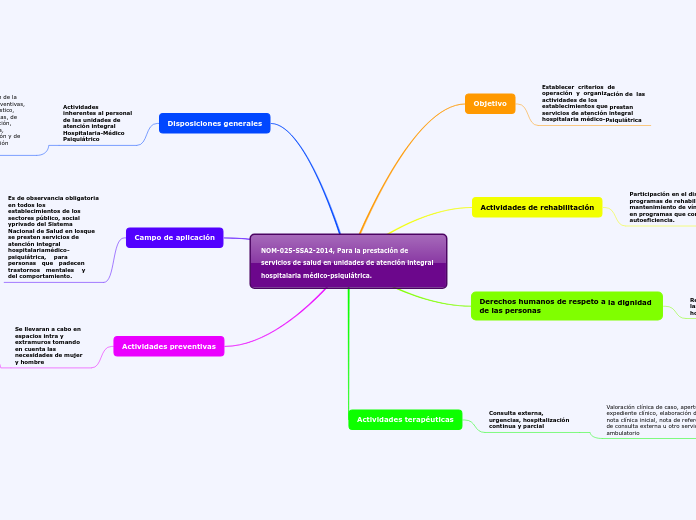arabera Ana Lilia Zapata Cervantes 4 years ago
2111
NOM-025-SSA2-2014, Para la prestación de servicios de salud en unidades de atención integral hospitalaria médico-psiquiátrica.

arabera Ana Lilia Zapata Cervantes 4 years ago
2111

Honelako gehiago
A noun is a word that functions as the name of some specific thing or set of things, such as living creatures, objects, places, actions, qualities, states of existence, or ideas.
Generic nouns are nouns that are part of a generic statement. Generic nouns can be singular or plural. The opposite of generic nouns is collective nouns.
The difference between definite/indefinite and generic nouns is that in the sentence there must be a blanket statement or question.
Educación para la salud mental, promoción de la salud mental y manejo oportuno de casos en la comunidad
Proper nouns are the names of specific people or places. They should always begin with a capital letter.
A concrete noun is a noun that can be identified through one of the five senses (taste, touch, sight, hearing, smell).
Área médica, psicológica, rehabilitación psicosocial, enfermería, trabajo social, atención de unidades de primer nivel y servicios de psiquiatría.
Compound nouns are words where two nouns have been stuck together to make a new noun. Compound nouns should be written as one word, without a hyphen.
A noun which cannot be identified by using one of the five senses (taste, touch, sight, hearing, smell).
Irregular nouns are nouns which don’t follow a spelling pattern when pluralized.
Possessive nouns are nouns which possess something, normally another noun.